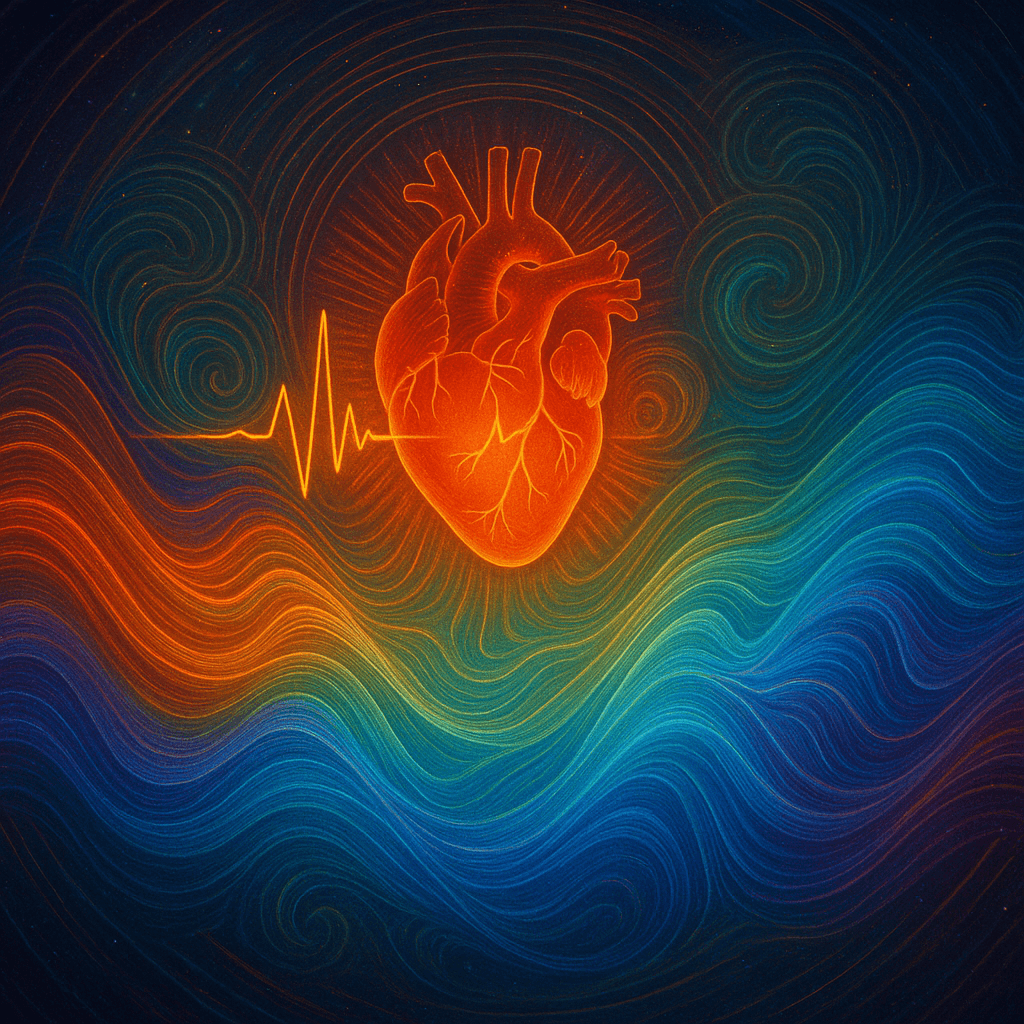The Heart’s Rhythm: An Innate Bodily Wisdom

The rhythm of the heart is a wisdom of the body. — Gabriel García Márquez
Listening to the Body’s Intuitive Signals
Gabriel García Márquez’s evocative assertion invites us to tune in to the subtler languages spoken by our bodies. The heart’s rhythm, he suggests, is more than a mere physiological function—it is an expression of ancient wisdom woven into our very being. In moments of strong emotion or crisis, people often report a ‘gut feeling’ or a racing heart, as if the body knows and reacts before the conscious mind does.
Traditions Recognizing the Heart’s Intelligence
Expanding on this idea, many cultures have long believed that the heart holds knowledge distinct from rational thought. For instance, ancient Chinese medicine recognizes the heart as the seat of both emotion and understanding. Similarly, Aristotle posited that the heart was the center of sensation and thought, predating the scientific focus on the brain. These enduring beliefs hint at an intuitive truth: bodily wisdom often precedes intellectual reasoning.
Science and the Heart-Brain Connection
Modern science further bridges tradition and physiology by exploring the dialogue between the heart and brain. The field of neurocardiology reveals that the heart contains its own network of neurons and communicates biochemically with the brain. Research published by the HeartMath Institute demonstrates how heart rate variability correlates with emotional states, reinforcing Márquez’s idea that the heart’s rhythm mirrors and influences our overall well-being.
Emotional Experience Stored in the Body
Delving deeper, experiences of trauma or joy are often physically imprinted in the body. Somatic therapies, as described by Peter Levine in ‘Waking the Tiger’ (1997), show that healing can arise from paying attention to bodily sensations, including the pulse and heartbeat. This therapeutic recognition underscores how the body, especially the heart, can guide us towards self-understanding and recovery.
Embracing the Heart’s Wisdom in Daily Life
Ultimately, embracing the rhythm of the heart as a source of wisdom urges us to honor both our emotions and physical responses. When making difficult decisions or navigating relationships, pausing to sense our heartbeat’s tempo can offer clarity beyond logic. Márquez’s insight therefore encourages a holistic approach—where mind and heart, intellect and intuition, dance in harmonious rhythm.